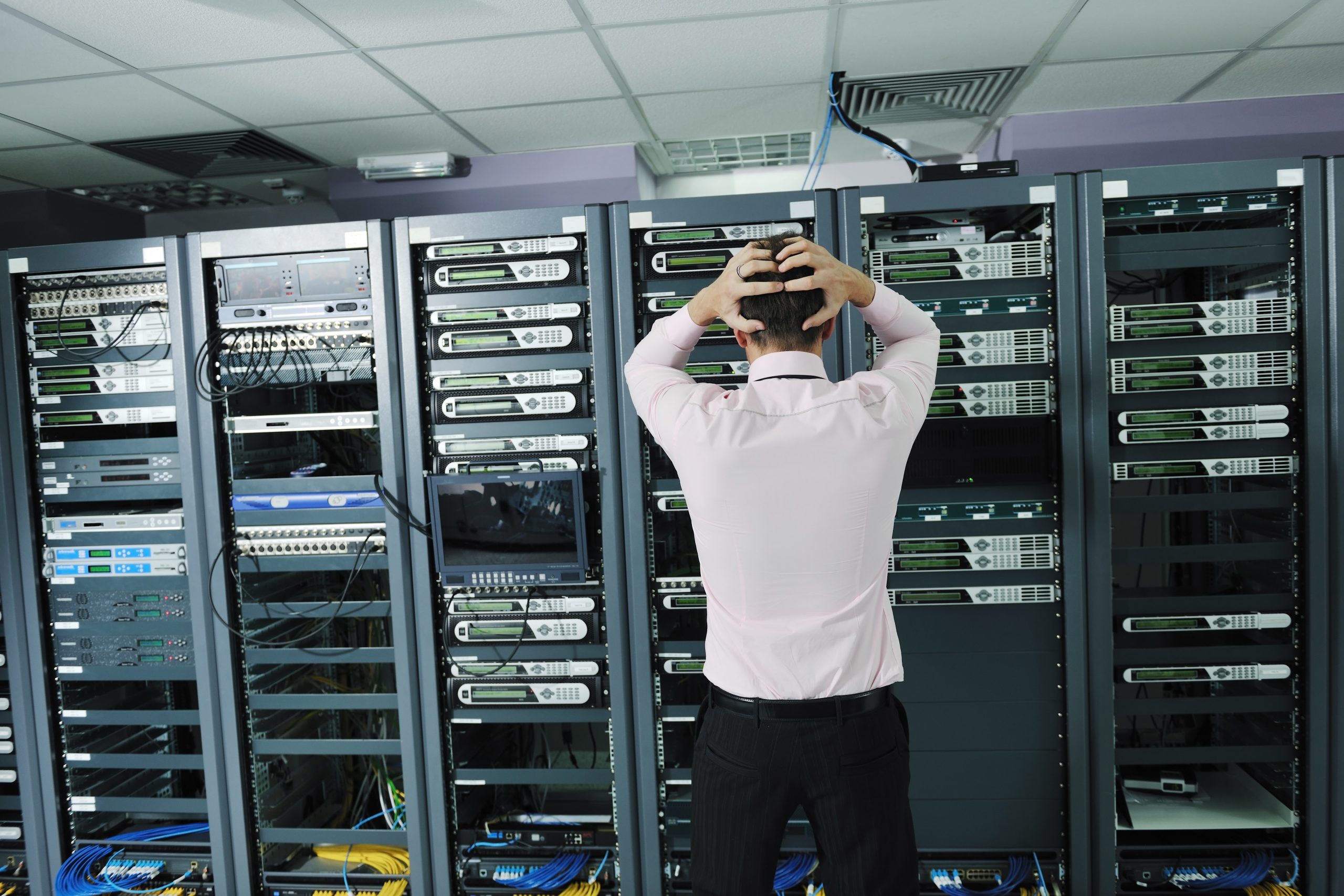Introduction to Home Office Cybersecurity
As more and more people are working from home, the need for proper cybersecurity measures is becoming increasingly important. Remote workers face unique challenges when it comes to protecting their devices and sensitive information from cyber threats. In this blog post, we will explore some of the most common security risks that remote workers face and how you can secure your home network against them.
Common Threats and Vulnerabilities for Remote Workers
One of the biggest risks faced by remote workers is hacking. Hackers use various techniques such as phishing emails or malicious software to gain access to your device and steal sensitive data. Another risk is unauthorized access to your Wi-Fi network, which could allow attackers to intercept your traffic and steal your passwords. Additionally, ransomware attacks have become increasingly popular in recent years, where attackers encrypt your files and demand payment in exchange for the decryption key.
How to Secure Your Home Network
There are several steps you can take to improve your home office cybersecurity:
1. Use strong passwords – make sure all your accounts have unique and complex passwords that cannot be easily guessed.
2. Install antivirus software on all your devices – this will help detect and remove any potential malware.
3. Keep your operating system up to date – regular updates often include security patches that fix vulnerabilities.
4. Enable two-factor authentication whenever possible – this adds an extra layer of protection to your accounts.
5. Set up a hardware firewall – this will provide additional protection against incoming threats.
The Importance of Using Strong Passwords
Strong passwords are essential for keeping your online accounts safe. Avoid using simple words or phrases, and instead use a combination of uppercase and lowercase letters, numbers, and symbols. It’s also recommended to use password managers to generate and store complex passwords.
Do You Need a Hardware Firewall at Home?
A hardware firewall is a physical device that sits between your router and modem, providing an additional layer of protection against incoming threats. While many routers come with built-in firewalls, they may not offer enough protection against advanced threats. If you work remotely and handle sensitive information, investing in a hardware firewall is highly recommended.

Conclusion: Taking Action Towards Better Security
Protecting your home office from cyber threats requires vigilance and proactive measures. By following best practices like using strong passwords, updating your software regularly, and setting up a hardware firewall, you can significantly reduce your risk of falling victim to cyberattacks. Remember, prevention is always better than cure, so taking action now can save you time, money, and stress in the long run.
How To Start An Online Travel Agency Working From Home
Learn how to start an online travel agency from the comfort of your own home. This step-by-step guide covers everything from choosing a niche to building your website and networking with suppliers. Start making your travel agency dreams come true!
How Do I Work For Amazon From Home
Looking to work for Amazon from home? Discover the flexible opportunities available and learn how to join their virtual team. Find your perfect fit!
Do Medical Coders Work From Home
Discover the possibilities and benefits of working as a medical coder from home. From flexibility to cost savings, explore how remote medical coding can transform your career in the healthcare industry.
Can You Make Money Working From Home On The Internet
Looking to make money from home on the internet? This comprehensive guide explores various ways and possibilities, providing insights and tips.
Can I Work From Home With No Experience
Looking to work from home with no experience? This article explores opportunities, tips, and tricks to help you get started in the remote work industry.
Best Document Scanners for PC and Mac – Top Picks and Reviews
Looking for the best document scanner for PC and Mac? Check out our top picks and reviews of the Epson Workforce ES-400 II, ES-500W II, and ES-865. Streamline your document management process and improve efficiency. Invest in quality scanners today!
The Importance of Hardware Firewalls in Home Offices: Why You Need One and How to Set It Up
Do you ever feel like your home office is vulnerable to cyber attacks? If so, then it's time to invest








